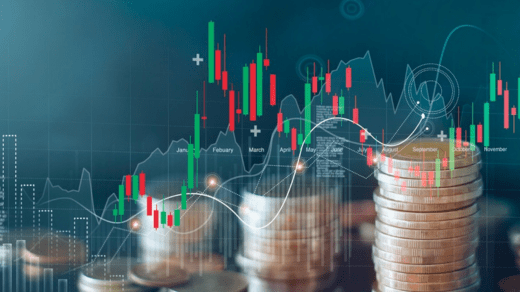Certainly, here are 15 points discussing the pros and 15 points discussing the cons of commodity trading:
Commodity Trading – Pros:
- Diversification: Commodity trading provides diversification to a portfolio, reducing overall risk.
- Inflation Hedge: Commodities often act as a hedge against inflation, as their prices tend to rise with increasing inflation.
- Liquidity: Many commodities have highly liquid markets, allowing for easy entry and exit.
- Global Markets: Commodity markets are global, offering exposure to a wide range of economies.
- Tangible Assets: Commodities represent tangible assets, making them a hedge against economic uncertainties.
- Portfolio Performance: Commodity trading can enhance portfolio performance during periods of economic turmoil.
- Speculative Opportunities: Traders can speculate on commodity price movements for profit.
- Risk Management: Producers and consumers use commodity futures to manage price risk.
- Natural Resource Exposure: Investing in commodities provides exposure to natural resources.
- Income Generation: Some commodities, like agriculture products, can generate income for producers.
- Supply and Demand Dynamics: Commodity prices are influenced by supply and demand factors.
- Portfolio Balancing: Commodities can help balance a portfolio that is heavy on stocks or bonds.
- Speculative Trading: Speculators can profit from both rising and falling commodity prices.
- Hedging: Commodity derivatives allow businesses to hedge against adverse price movements.
- Simple Investment: Investing in commodities can be as straightforward as buying and storing physical goods.
Commodity Trading – Cons:
- Volatility: Commodity markets can be highly volatile, leading to potential losses.
- Lack of Dividends: Unlike stocks, commodities do not pay dividends, limiting income potential.
- Market Sentiment: Commodity prices can be influenced by market sentiment and external factors.
- Storage Costs: Physical commodity storage can be costly, especially for large quantities.
- Complexity: Understanding commodity markets and supply-demand factors can be complex.
- Lack of Income: Some commodities, like metals, don’t generate income or yield.
- Regulatory Risks: Commodity markets are subject to government regulations that can impact trading.
- Geopolitical Risks: Political instability in commodity-producing regions can affect supply.
- Seasonal Trends: Commodity prices can be influenced by seasonal factors.
- Lack of Control: Traders have limited control over factors like weather or geopolitical events.
- Lack of Leverage: Individual traders may have limited access to leverage in commodity markets.
- High Capital Requirements: Trading physical commodities often requires substantial capital.
- Delivery Obligations: Futures contracts may involve physical delivery, which can be complex.
- Limited Information: Information about commodity supply and demand may be less readily available.
- Environmental Concerns: Commodity production can have environmental and sustainability issues.
In summary, commodity trading offers diversification benefits and hedges against inflation but comes with challenges like volatility, complexity, and regulatory risks. Traders and investors should carefully consider their risk tolerance and investment objectives when entering commodity markets, and they may also choose to use exchange-traded funds (ETFs) or other derivative instruments for exposure to commodities without dealing with physical goods and delivery obligations.
